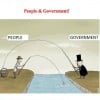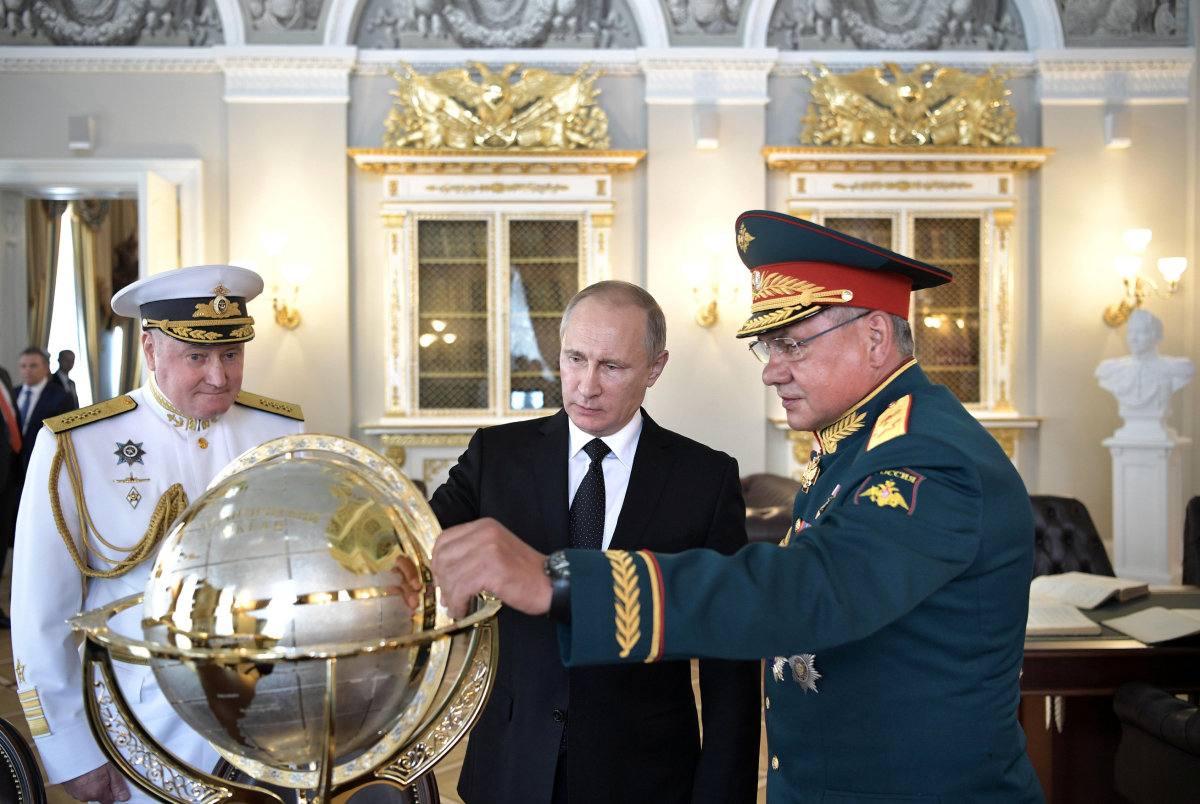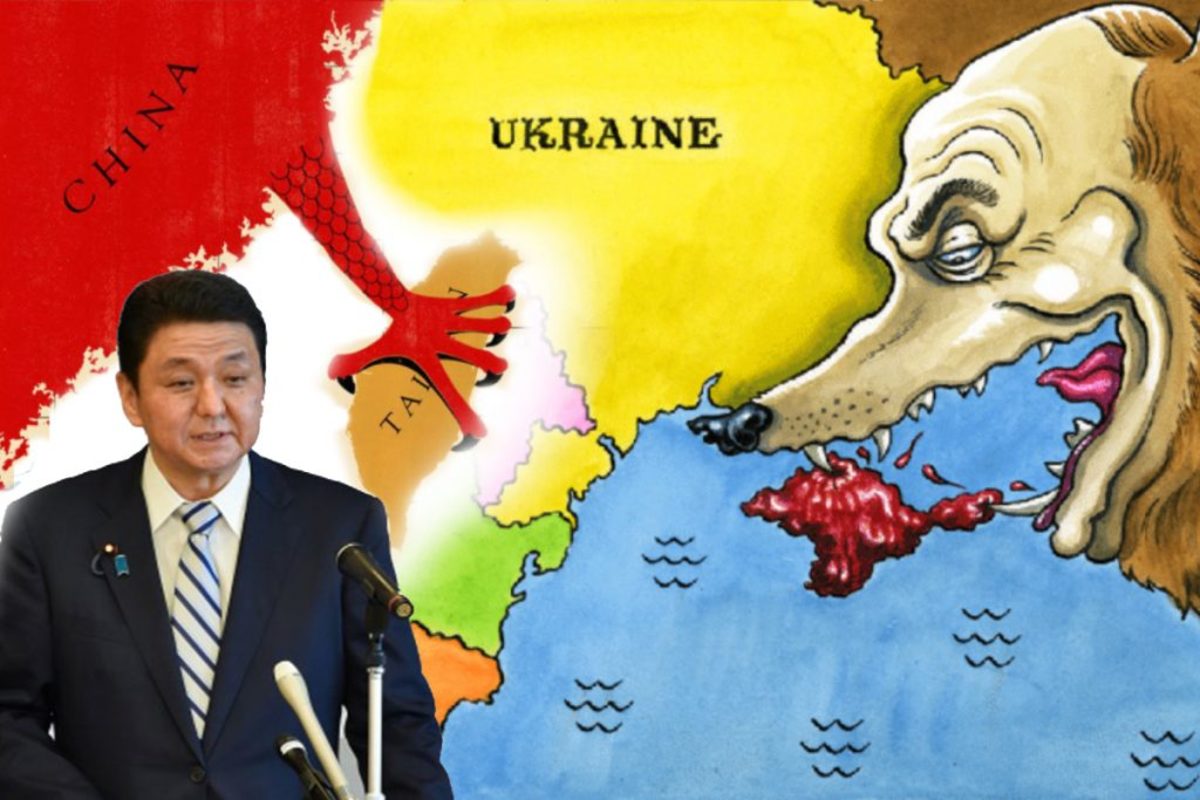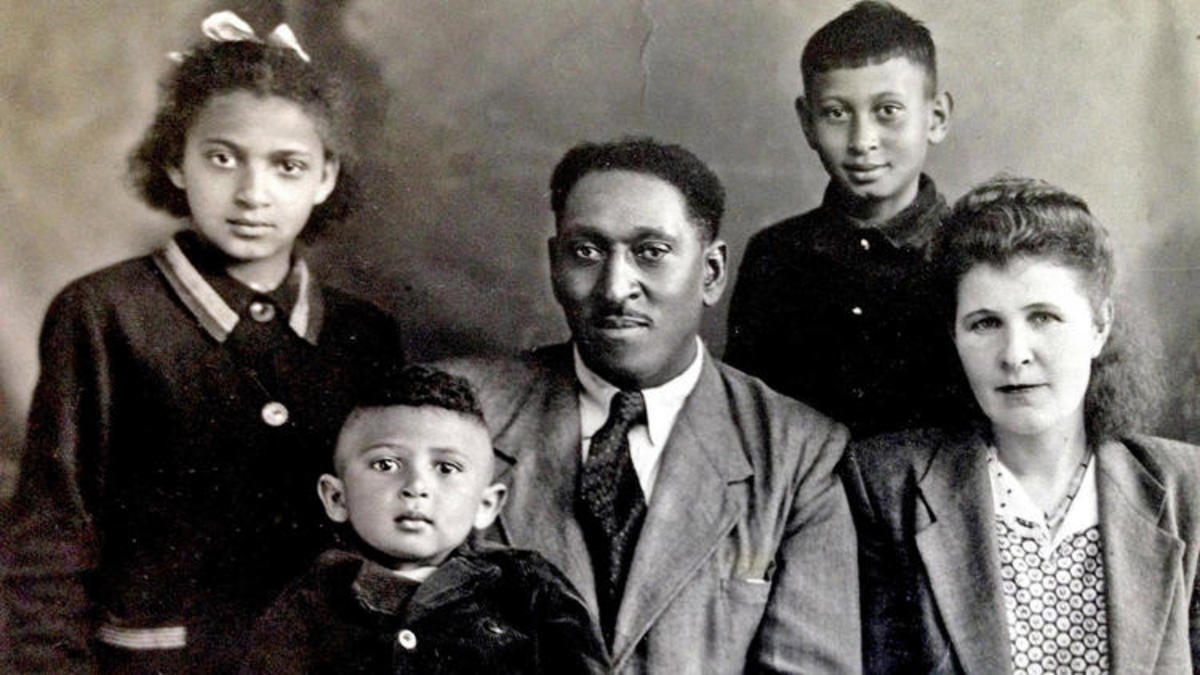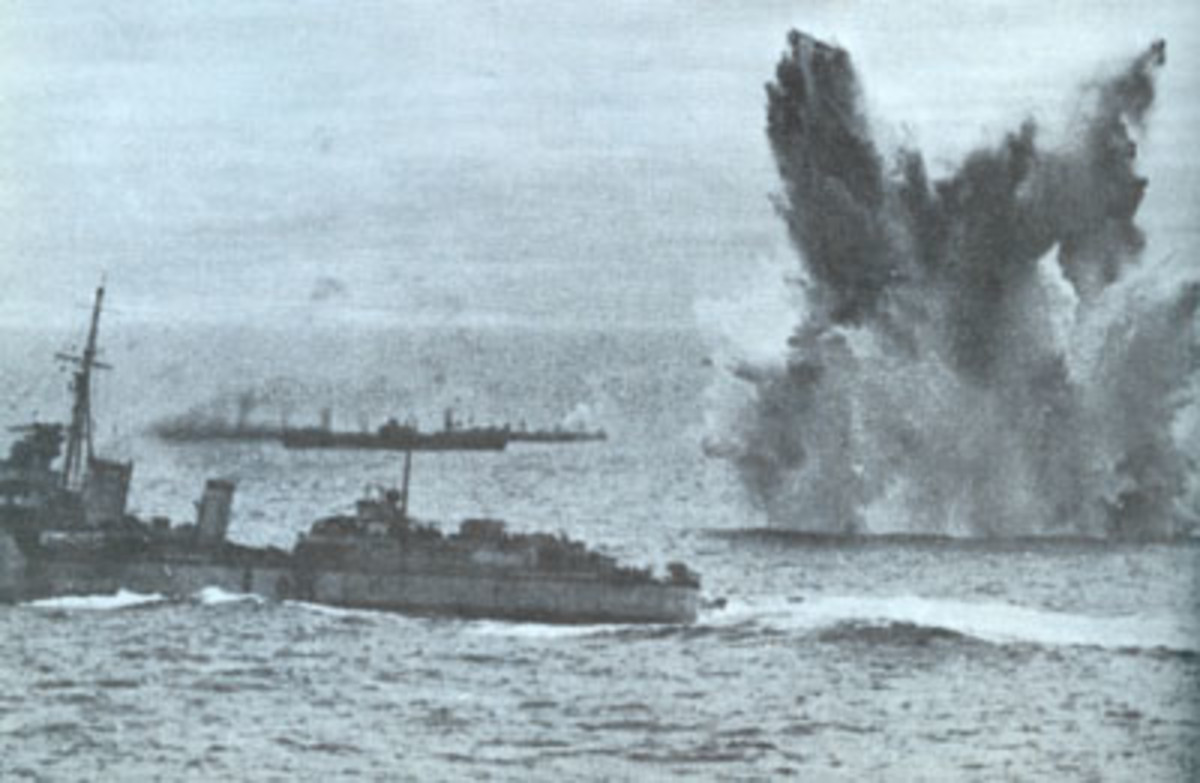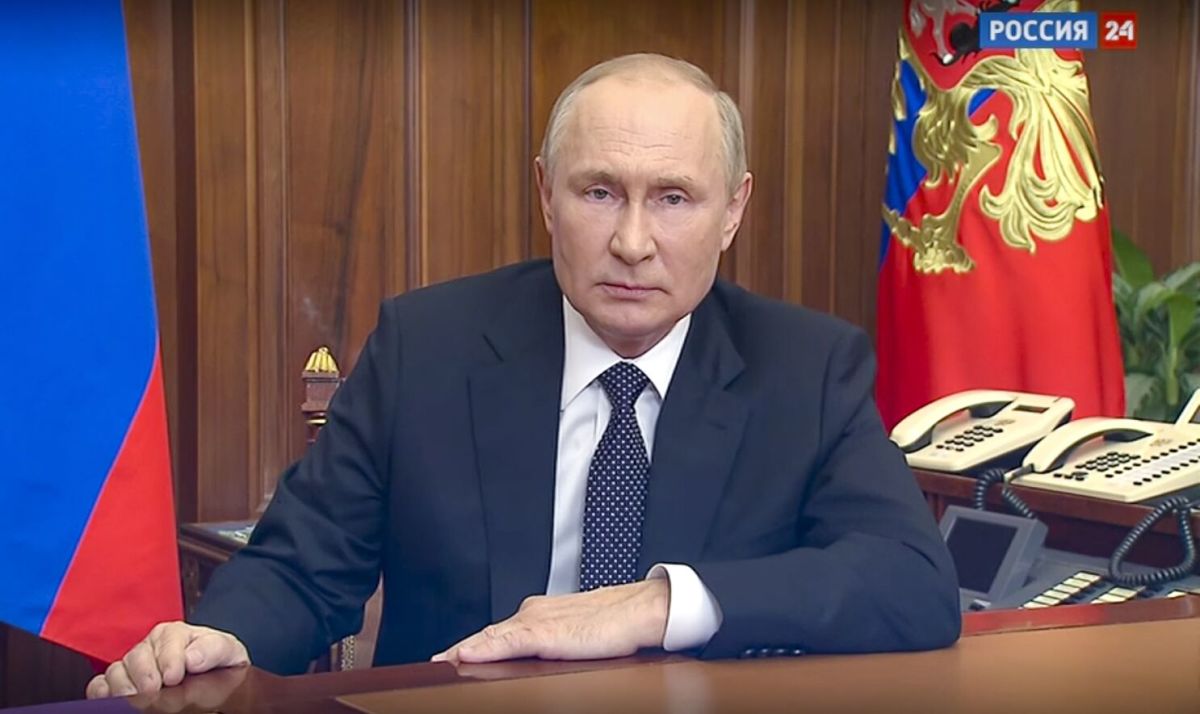The United States and Russia: Closer Together? Or Closer to War?

Aleppo Almost in Government Control
While Americans were wrapped up in Hillary Clinton’s “historic” presidential nomination, the Syrian Army was busy holding its siege of Aleppo, a crucial city in the north of the country. Since Monday, Russia has conducted over 120 airstrikes on militant targets throughout the city. Various jihadi factions have launched counterattacks in recent days in a desperate attempt to break the siege in the eastern half of the city, but so far have been unsuccessful.
The Russian Ministry of Defense reported that the Syrian Army and Russian Air Force repelled a massive attack on Tuesday. More than 800 were killed by pro-government forces and 14 tanks were destroyed. The terrorists in control of the city are apparently preventing the local population from escaping in an effort to use civilians as human shields, so, humanitarian corridors are now being set up by pro-government troops throughout the city so that when the final offensive begins, the innocents left can flee for their lives.
This retaking of Aleppo is critical in this area of the world and should be gaining more attention. While Hillary Clinton’s and Donald Trump’s nominations to their respective parties are all the talk these days, no one is mentioning the fact that Syria, with Russia’s support, is eliminating radical Islamic terrorism.
Aleppo started as the most populous city in the country when the civil war began in 2011. Then, the terrorists took over. The militants are an amalgam of illegally armed groups, including the many terrorist brigades affiliated to al-Qaeda. Western media engage in spinning wordplay, calling these members of the Islamic State (ISIS) and other horrifying groups, “rebels,” even “moderates.” This has been perpetrated to support the idea of regime change in Syria.
As the United States has done in Iraq and Afghanistan, it is now meddling in the affairs of Syria. President Obama, along with his former Secretary of State Hillary Clinton, have been aiding and abetting terrorists in the region for years, and this battle in Aleppo in many ways represents the last stand for this war-mongering crowd. Their desire for regime change in Syria has overridden any desire to quash radical Islamic terrorism.
With Aleppo falling, the Syrian civil war will finally come closer to an end. Washington has been little help in this regard, providing weapons and other support to these supposed “rebels.” Over the past five years, some 400,000 people have been killed and nearly half the population of 23 million became refugees. The subsequent migrant crisis and blowback terrorism in Europe have been obvious repercussions from America’s erroneous foreign policy toward Syria.
When Russian President Vladimir Putin decided to send in his military to Syria in September 2015, the situation was dire. Despite U.S.-led bombing runs being launched for well over a year, nothing had changed on the ground. But, the Russians turned it quickly around by deploying troops in addition to air support, in close cooperation with the Assad regime. The large-scale oil smuggling from eastern Syria to Turkey were first cut off, forcing the jihadists to search for other forms of funding. This would eventually leave Raqqa, ISIS’ headquarters, very much isolated.
Then, the ancient city of Palmyra was retaken. And the rest is pretty much history. ISIS has been on the run ever since Russia has entered the conflict. The terrorist group has been losing ground for months now and many have pondered that the uptick in attacks by ISIS-inspired individuals in Europe has been largely due to this reality.
Do you think President Obama’s foreign policy has helped make America safer over the past 8 years?
The 1980s Called...They Want Their Foreign Policy Back!
With the success Russia has had in taking down terrorists in Syria, why doesn’t the U.S. cooperate more with its one-time mortal enemy? Many are still stuck in a Cold War era mindset that paints Putin as the boogeyman who cannot be trusted, when in reality, he is a leader who puts his country first. He currently enjoys an 83% approval rating.
Instead, U.S. military leaders have supported a dangerous “opposition” within Syria. These same forces shot down a Russian helicopter this week, killing five Russian servicemen. The helicopter was likely brought down by an American-supplied weapon. The U.S. has provided some groups with TOW anti-tank missiles, which can be used against helicopters. This kind of support for terrorists, who prefer beheading children over ushering in democracy, directly undermines peace in the region and the fight against radical jihadism worldwide.
Despite Russia’s assistance in cleaning up the mess in Syria, the U.S. and its NATO allies continue to isolate them. NATO is now massing troops and tanks in the former Soviet states, in an attempt to “protect” Europe from Putin. Yet, they fail to see that the Cold War is over and Europe no longer needs saving from a Soviet invasion.
With Putin’s rise during the 2000s, many thought the world would be reordered to make way for the budding powers in Asia: Russia and China. However, the U.S. continued its hostile attitude toward its sworn enemy. Beginning in the early 1990s, the U.S. funded and supported numerous political coups across Eastern Europe, all under the guise of “promoting democracy.” Sound familiar? Attempts to overthrow governments in Russian-speaking lands were actually a way for America to plant someone more friendly to their point of view. The most recent example of this was in Ukraine.
So, instead of working to create a new balance of power for the 21st century world, NATO has kept up its game of gaining influence where it can at the expense of Russia. Today, when we could be working together to defeat radical Islamic terrorism worldwide, we are instead pitting groups against each other. In order to rearrange the geopolitical reality, Europe must first develop its own foreign policy that reflects the best interests of its people today, not in the middle of the 20th century. And second, the U.S. and its allies must work away from a unipolar world, in which America is the one and only superpower. We must learn to work with and fight alongside each other in order to defend against the real forces of evil that currently exist in the desert wastelands in Syria and Iraq.
European leaders have unfortunately shown no interest in confronting reality, instead opting for the NATO status quo, relying on the U.S. for protection.
But is dealing with Russia in a friendlier manner in America’s best interest? The political system in Russia is far from transparent and Putin does rule with an iron fist of sorts. An increasingly nationalistic and militaristic society, the Russian people do not look on Americans kindly. A recent poll revealed that 72% of Russians consider the United States the country most hostile to them. Perhaps Putin has used this feeling to help him accelerate a massive military modernization.
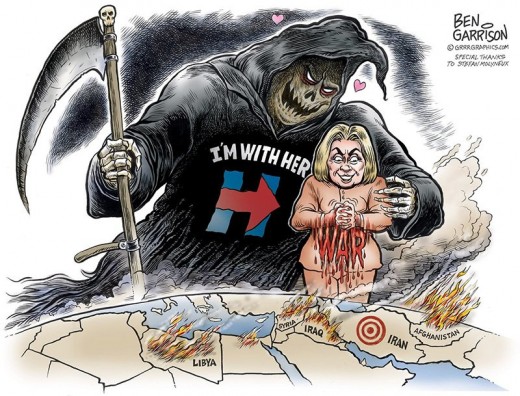
Can the U.S. and Russia Just Get Along?
Putin has shown an openness to cooperating with the West. His leadership has been one of aggressive self-interest and it appears to be working. This form of nationalism allows cooperation with any country that does not directly challenge Russia, either politically, economically, or militarily. Therefore, Russia maintains working relationships with countries as opposite as authoritarian China and democratic India. This is because Putin is extremely pragmatic and will do anything that helps further his or his country’s standing.
Russia has rightly felt threatened by the expansion of NATO over the years. In 1999, amid much Russian opposition, Poland, Hungary, and the Czech Republic joined the organization. Another expansion came shortly after that with the addition of Bulgaria, Estonia, Latvia, Lithuania, Romania, Slovokia, and Slovenia in 2004. Most recently in 2009, Albania and Croatia have been added. Yet, that’s still not enough. In 2011, NATO recognized Bosnia and Herzegovina, Georgia, Macedonia, and Montenegro as aspiring members.
Republican presidential nominee Donald Trump has said that the organization is “obsolete.” Many others have echoed this sentiment in recent months as leaders take a fresh look at today’s world order.
Still, Russia is seen as the enemy by most in America today. Just two years ago, only 2% of Americans viewed Russia as a threat, according to a 2015 Gallup poll. However, that number jumped to 9% in 2014 following Russia’s incursion into Crimea, and continued to rise to 18% in 2015. The mainstream media, along with the foreign policy establishment continue to point to Russia as the bad guy when we are the ones who have shoved them into a corner.
Through a combination of NATO expansion and increasing intervention abroad, Russia was alienated from the West. The United States failed to realize how much their relations with Russia would deteriorate following its Cold War victory. NATO expanded until it included most of Europe while U.S. policy toward Russia has been one of competition as opposed to cooperation. Now, more than ever, we need solid state actors in the fight against radical jihadism that is taking down civilizations from Brussels to Bangladesh.

Of Putin, Trump, and Peace
Dimitri Simes recently wrote in The National Interest regarding the rocky relationship with the Russians. He stated that having Russia and the West going against each other comes at a significant price. In particular, if previous administrations dealt with al-Qaeda earlier along with Putin, then we might not have been hit hard in 2001. The Russian president actually approached President Clinton with the suggestion of a joint action against the terrorist group and the Taliban in 1999. Russia’s proximity to Afghanistan would have been helpful in dealing with the perpetrators of September 11.
Clinton would unfortunately let politics get in the way of protecting the country. He would refuse to cooperate with the Russians due to his frustration over Russian defiance in the Balkans and other interferences. “The price was September 11,” Simes wrote. “Only after Al Qaeda killed three thousand Americans was the Bush administration prepared to work with Russia.”
Today, Putin fights NATO expansion in an attempt to retain influence in Russian speaking lands. According to Simes, NATO “may form an existential threat for Moscow.” Therefore, shouldn’t the U.S. think twice before pushing for more NATO expansion? And maybe even reconsider the relevance of the organization overall?
Simes concluded:
“Relations between the two sides have deteriorated to dangerous levels. It’s in the U.S. national interest to explore better relations with Russia from a position of strength, something that will require both patience and realism in acknowledging that the effort may not succeed. If Moscow refuses to oblige, Washington should do whatever is necessary to protect its interests. Since this is likely to be risky and costly, it should not be America’s first choice.”
America should absolutely explore a more open relationship with Russia, but Putin only respects other strongmen it seems. It is time to engage with Putin in order to keep more explosive actors at bay.
Donald Trump has shown more than an openness to warm our relations with Russia. He views it as a pragmatic relationship, noting that by aligning ourselves with them, we could better take on ISIS and other terrorist groups.
Both Hillary Clinton and her new running mate Tim Kaine represent the established neoconservative mindset toward Russia. They have both chastised Trump for his praising of Mr. Putin, while raising concerns over Trump’s tolerance for Russia’s land grab in Crimea. While Trump’s comments on Putin are certainly more lenient, isn’t the issue worth looking into? Why continue to take such a hostile chance against another well armed country?
We have too many other threats facing us to worry about Russia.
